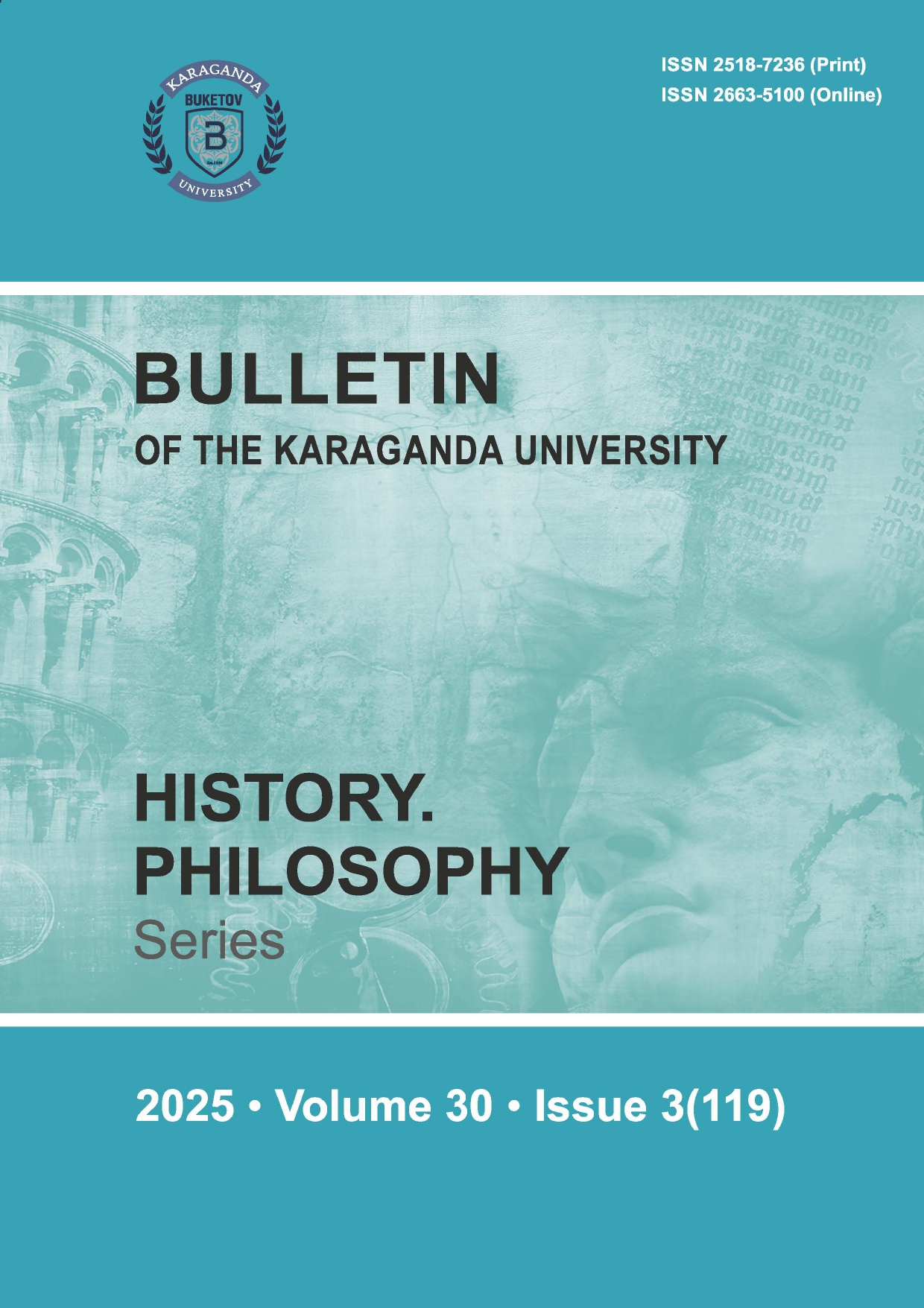Ethics and Responsibility in Digital Humanities: A Philosophical Analysis
DOI:
https://doi.org/10.31489/2025hph3/212-220Keywords:
Digital, humanities, philosophy, ethics, responsibility, development, society, digitalization, artificial intelligence, cyberethicsAbstract
This article examines the key ethical and philosophical issues in digital humanities. The authors analyze the
philosophical foundations of responsibility and ethical principles underlying human activity, emphasizing the
importance of a critical approach in the use of digital data. The discussed examples and methodological ap-
proaches illustrate both positive and negative effects of digitizing humanities research. The article highlights
the necessity of establishing ethical standards and norms in the digital era and provides recommendations for
ensuring the sustainable and secure development of digital humanities. The research aims to identify the fun-
damental ethical principles applied in digital humanities and explore their philosophical foundations, includ-
ing theoretical paradigms, ethical norms, and approaches to justifying practices. A critical analysis of existing
practices is conducted to determine shortcomings and development directions in this field. The authors inves-
tigate global strategies for enhancing ethics and responsibility in contemporary research initiatives and offer
specific recommendations. This article serves as a valuable resource for scholars, students, and practitioners
in digital humanities, as well as for anyone interested in the emerging questions at the intersection of technol-
ogy and the humanities.




